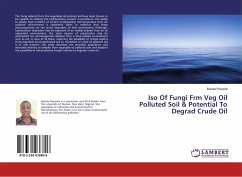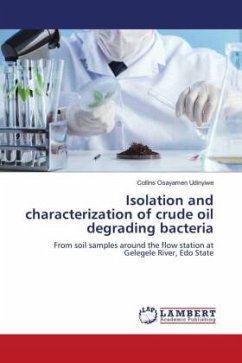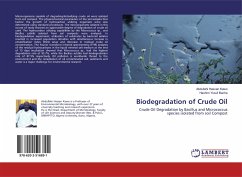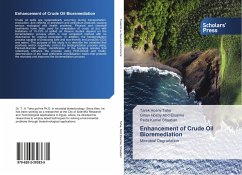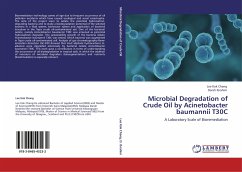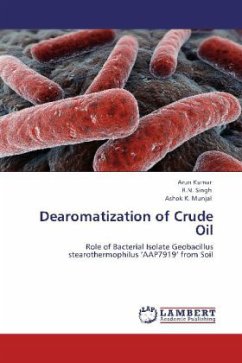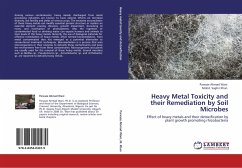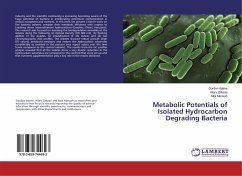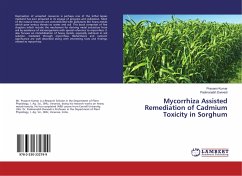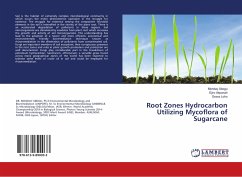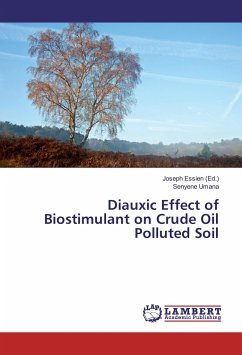
Diauxic Effect of Biostimulant on Crude Oil Polluted Soil
Versandkostenfrei!
Versandfertig in 6-10 Tagen
43,99 €
inkl. MwSt.

PAYBACK Punkte
22 °P sammeln!
Recent studies have shown that hydrocarbons degrading microorganisms are widely distributed in contaminated ecosystems and may adapt to interact with heterogeneous materials which serve as a primary environmental sorbent for PAHs and hydrophobic hydrocarbons in ways that facilitate these pollutants and their subsequent metabolism. Most studies carried out on bioremediation of soils impacted in the Niger Delta of Nigeria are majorly on enhanced remediation using biostimulation and bioaugmentation protocols. A combination of both protocols (Biostimulation Bioaugmentation [BB] protocol) has not b...
Recent studies have shown that hydrocarbons degrading microorganisms are widely distributed in contaminated ecosystems and may adapt to interact with heterogeneous materials which serve as a primary environmental sorbent for PAHs and hydrophobic hydrocarbons in ways that facilitate these pollutants and their subsequent metabolism. Most studies carried out on bioremediation of soils impacted in the Niger Delta of Nigeria are majorly on enhanced remediation using biostimulation and bioaugmentation protocols. A combination of both protocols (Biostimulation Bioaugmentation [BB] protocol) has not been attempted. This study is focused on establishing the diauxic effect of biostimulants and influence of bacterization on the degradation of hydrocarbons in garden soil.



